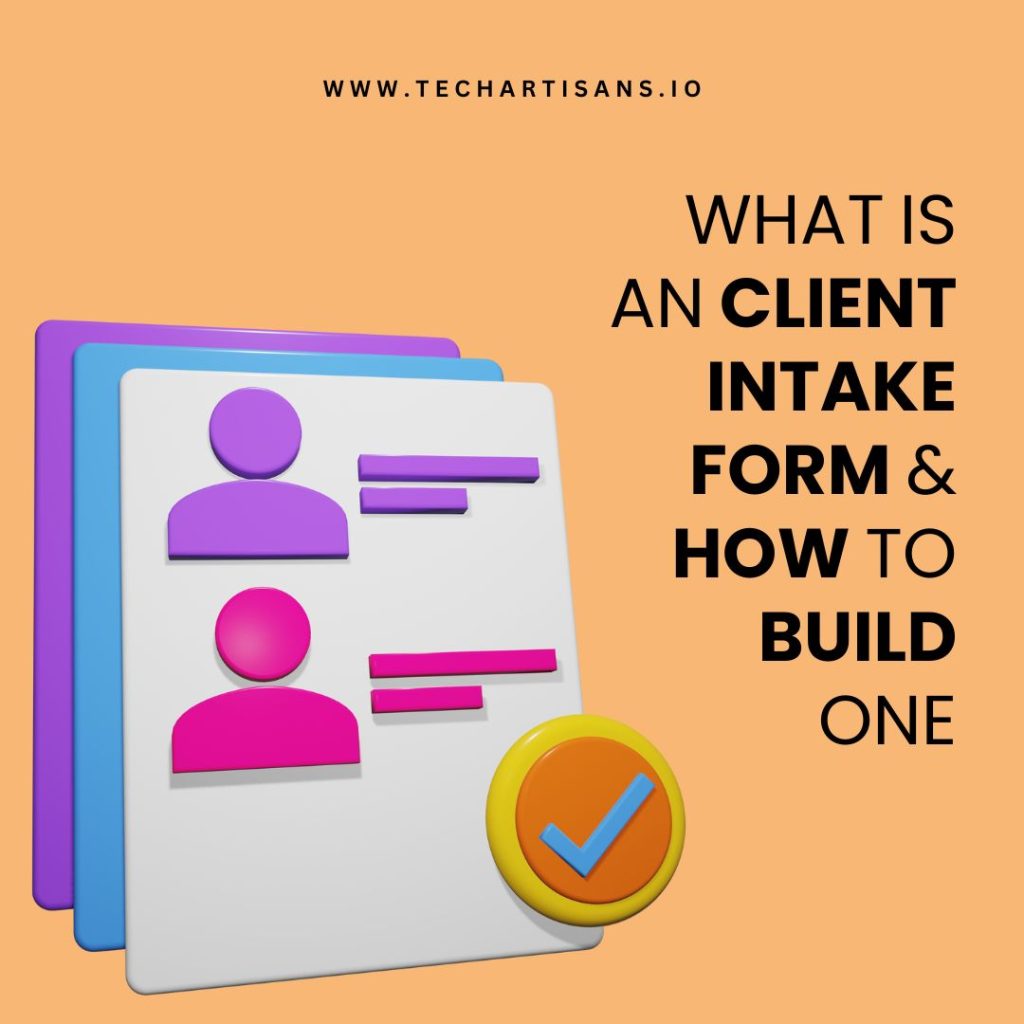In the digital landscape of business operations, having a secure website is not just an option—it’s a necessity. A crucial aspect of maintaining your online presence is web security, which protects your business from cyber threats and ensures the safety of your customers’ sensitive data. This blog post explores the benefits of having a secure website and why it should be a top priority for small to medium-sized businesses. Let’s explore how web security can elevate your business and solidify customer trust.
Secure Website: Key Benefits
As businesses increasingly move online, they become prime targets for cyber threats that can wreak havoc on their operations. Let’s delve into the benefits your business can gain by ensuring your website’s security.
Upholding Customer Trust and Data Integrity
In an era where data breaches are becoming worryingly commonplace, maintaining customer trust hinges significantly on your ability to protect their sensitive information. Let’s delve into how bolstering your web security can pave the way for enhanced data integrity and foster unwavering customer trust.
Role of SSL Certificates In Protecting Customer Data
Secure Sockets Layer (SSL) certificates are crucial in web security. They encrypt the data exchanged between a user’s browser and the website, ensuring that sensitive information like credit card details or personal credentials remains secure.
Enhancing Data Security and Customer Trust
Website security is like a strong shield that protects your website from bad actors. It’s about using tools like firewalls, malware detectors, and security plugins to stop cyber troublemakers and keep your sensitive info safe. This isn’t just about keeping your website and customer data intact; it’s also about showing your customers that their stuff is in good hands. When people see that their info is secure, it builds trust in your brand. So, investing in website security is not just a techie thing; it’s a way of telling your customers that you’ve got their back.
Improving Operational Consistency and Uptime
A website’s security is not just about data protection—it’s a fundamental cog in the wheel of business continuity and operational uptime. This section will explore how a robust web security framework can prevent disruptive cyber threats and ensure smooth business operations.
Preventing DDoS Attacks for Continuous Website Availability
DDoS attacks can paralyze your website, harming your business and reputation. Web security tools, like intrusion detection and traffic filtering, can stop these attacks and keep your site up. Having a plan in place, backed by strong web security, is crucial for a smooth user experience and operational uptime.
Mitigating the Risks of Malware to Ensure Business Continuity
Malware poses a significant threat to website functionality and data integrity. Comprehensive security measures, including regular website scanning, automatic software updates, and secure passwords, can help protect your website from harmful malware.
Boosting Search Engine Rankings and Visibility
Website security boosts SEO by helping your site rank higher on Google. A secure site is favored in search rankings, benefiting your business and customers.
SSL Certificates and SEO
Google considers SSL certificates as a ranking factor. Websites with SSL certificates are deemed trustworthy and secure, making them more appealing to users and, by extension, to Google’s algorithms. By migrating from an HTTP to an HTTPS website, you’re sending a clear signal to search engines that your site is secure, potentially boosting your rankings.
Dealing with Malware and SEO
If your website has been infiltrated by malware, it can severely impact your SEO efforts. Search engines like Google don’t want to lead their users to infected websites, and if they detect malware on your site, they may flag it and reduce its ranking or remove it from search results altogether. Regular website scans and effective security measures can help prevent malware infections, safeguarding your SEO rankings.
User Experience and SEO
A secure website provides a better user experience, another aspect that Google considers when ranking sites. If users feel safe when visiting your website, they’re more likely to spend more time exploring it, lowering bounce rates and improving your SEO rankings.
Securing Business Growth and Partnerships
Maintaining a secure website is a testament to your commitment to protecting customer data and instills confidence in your customers and prospective business partners. Let’s explore how web security can be a catalyst in driving business growth and fostering lucrative partnerships.
Facilitating Trustworthy Business Partnerships
Secure websites provide a platform for trustworthy business partnerships. When other businesses see that you prioritize web security, it instills confidence in your commitment to keeping shared business data safe. This trust can lead to valuable collaborations and partnerships, opening doors to new business opportunities and expansion.
Enhancing Brand Reputation for Business Expansion
A secure website boosts your brand’s reputation, significantly influencing business expansion. Customers tend to share their positive online experiences, and a secure website that consistently protects user information can become a strong selling point. This positive reputation can attract more customers, leading to business growth and expansion.
Attracting Investors and Stakeholders
Investors and stakeholders prioritize businesses that demonstrate a commitment to security. A secure website showcases responsibility and professionalism, attracting potential investors looking to support companies with strong security protocols. This influx of support can provide the capital needed for business expansion and growth.
Boosting Sales Via User Trust
The interconnected nature of web security and sales is undeniable. A secure website protects your business from threats and nurtures user confidence, driving revenue growth. Let’s explore how bolstering web security can increase sales by enhancing user trust.
Building User Confidence with SSL Certificates
SSL certificates play a crucial role in building user confidence. The presence of an SSL certificate signifies a high level of web security, reassuring users that their data will be securely transmitted. This assurance can lead to increased user confidence, fostering a sense of trust between the business and its customers.
SSL Certificates and Sales Conversions
Users are more likely to make purchases on websites they perceive to be secure. When users see the padlock symbol or the ‘https’ in the URL, it instills a sense of trust in the website’s security. This trust can translate into increased sales conversions as users feel comfortable providing sensitive information such as credit card details.
Preparing for the Future
In an ever-evolving digital landscape, emerging cyber threats pose a significant challenge to web security, making it crucial for businesses to stay ahead of the curve. This section will explore how maintaining a secure website helps companies prepare for and mitigate these threats, ensuring longevity and success.
Recognizing the Evolving Nature of Cyber Threats
Cyber threats are not static; they evolve and adapt with technological advancements. Cybercriminals are perpetually seeking new ways to exploit web vulnerabilities, making it imperative for businesses to stay one step ahead. Understanding the evolving nature of these threats is the first step towards effective mitigation.
Importance of Robust Security Protocols
Robust security protocols are a business’s best defense against these evolving threats. Implementing layers of security, such as firewalls, intrusion detection systems, and regular website scans, can keep potential threats at bay.
Staying Ahead: Continuous Security Updates and Employee Training
Staying ahead in web security requires continuous updates and maintenance. Regularly updating your security software can patch any discovered vulnerabilities, giving cybercriminals less chance to exploit them.
Broad Spectrum of Web Security Protection
Web security is a multifaceted concept, encompassing a variety of measures designed to protect websites and the sensitive data they handle. This section will delve into the broad spectrum of web security protection, exploring its different aspects and the value it brings to your business.
Guarding Against Ransomware Attacks
Web security is crucial in defending against ransomware attacks. Ransomware encrypts files and demands a ransom for access. Strong security measures like software updates and firewalls help prevent such attacks.
Preventing Phishing Scams
Secure websites use advanced security measures to protect against phishing scams, which trick users into revealing sensitive data. Email filters and security plugins can help detect and block phishing attempts, enhancing protection.
Combating Other Forms of Malware
Web security safeguards against various malware types like viruses, worms, trojans, and spyware, preventing data corruption, privacy breaches, and system failures. Regular scans, antivirus software, intrusion detection, and secure networks are vital in minimizing these threats.
Defending Against SQL Injection Attacks
SQL Injection is a code injection technique that attackers use to exploit a security vulnerability occurring in a website’s database. Strong web security protocols can prevent such attacks by using parameterized queries, regularly updating and patching software, and employing web application firewalls.
How Web Security Works
In this section, we will peel back the layers of the complex world of web security to explore how these intricate systems work to safeguard your online presence and protect your business from potential cyber threats.
Role of Firewalls in Web Security
Firewalls act as filters between trusted internal and untrusted external networks, blocking threats by scrutinizing traffic based on security rules. Establishing strong firewall rules is key to enhancing website security and safeguarding sensitive data.
Intrusion Prevention Systems
An Intrusion Prevention System (IPS) monitors network traffic for malicious or suspicious activity. Once identified, the IPS swiftly responds by blocking the potentially harmful traffic, thereby preventing potential damage. This proactive approach is integral to web security as it can effectively stop threats before they infiltrate the system, minimizing the chances of data breaches.
Secure Web Gateways
Secure Web Gateways are your first line of defense against web-based threats. They filter out malicious web content, safeguarding your data and ensuring policy compliance, making them vital for businesses.
Conclusion
In conclusion, a secure website is necessary and an imperative business strategy in today’s digital landscape. Web security offers multiple benefits, such as building user confidence, increasing sales conversions, preparing businesses for future cyber threats, and offering broad-spectrum protection against malware, ransomware, phishing scams, SQL injection attacks, and more. Strong security protocols like SSL certificates, firewalls, intrusion prevention systems, and secure web gateways can significantly impact your business’s online presence and reputation. Remember, in an era where cyber threats are increasingly sophisticated, staying one step ahead is crucial for your business’s longevity and success. Hence, if you wish to uphold user trust and ensure smooth business operations, invest in web security today and reap the benefits tomorrow.







